Can you get lean, fit and healthy by
swapping your modern ways for those of our cavewoman ancestors?
Just like handbags and shoes, diet plans
fall in and out of fashion. There fad diets (The Baby Food Diet), reinventions
of the same diet (The Atkins and The New Atkins) and those that leave a more
lasting impression (the Low-GI diet plan). However, there’s one diet that’s
seeing a revival after a very long break – 10,000 years to be precise.
The Paleolithic Diet (Paleo for short) is
based on your primal ancestors’ hunter-gatherer diet, before the rise of
agriculture when grains were introduced as a staple of our meals.
Type the word “Paleo” into Google and
you’ll be bombarded with links to blogs, books, recipes and, communities all
shouting loudly about the benefits of this back to basics diet. The rules are
simple: if our caveman ancestors didn’t eat it then neither should you. To
channel your inner cavewoman, eliminate all grains (yes, that’s cereal, bread,
pasta and rice off the menu), dairy (lactose and casein cause blood sugar
spikes and are highly allergenic) and legumes (enthusiasts believe lectins
contained in beans and lentils hinder digestion and prevent the absorption of
other nutrients) from your diet. ‘It sounds like a sacrifice until you realise
you can eat pretty much all you want from a long list of tasty foods such as
meat, fish, fowl, eggs, nuts, vegetables, fruit and lots of healthy,
unprocessed fats,’ says Mark Sisson, former champion triathlete, and author of
The Primal Blueprint (Primal Nutrition, 2009) and online blog
Marksdailyapple.com. Paleo enthusiasts believe the plants and animal protein
our ancestors ate provided all the nutrients – protein, fats, carbohydrates,
phenols, fibre, water – they needed to live healthy lives.
Most nutritionists argue that grains have
great nutritional credentials, but they’re a big no-no for Paleo followers.
While 10,000 years sounds like a long time, they argue that it’s only a dot at
the end of our line of evolution, and so our bodies have not yet adapted to
digesting the ‘unfamiliar’ protein-structure of grains. ‘The biggest flaw of
the modern western diet is the assumption that glucose (from grain-based
carbohydrates) is our preferred fuel source,’ says Sisson. Instead, he says
we’re genetically programmed to derive most of our energy from stored fat and
from healthy fats in our food.
Weight loss is just one of the benefits the
Paleo diet claims to offer. ‘The goal is to reduce excess body fat, balance
blood sugar levels and reduce toxins and anti-nutrients,’ says nutritionist
Christine Bailey (advancenutrition.co.uk). Sisson and fellow Paleo blogger Juli
Bauer (paleomg.com) both extol the benefits of the primal diet for reducing
bloating, intolerances, blood sugar slumps and even diabetes. ‘Before I started
eating this way, I suffered with depression, fatigue and other nasty symptoms
of irritable bowel syndrome,’ says Bauer. The carbohydrates present in our
modern diets are foreign to our genes and disturb the normal, healthy functions
of the body, says Sisson. As a result, he says, inflammation in the body
increases and insulin sensitivity is reduced, putting you at greater risk of
preventable illnesses such as diabetes, heart disease, arthritis, cancer and
autoimmune diseases. ‘Case studies and testimonials show people are getting
significant measureable and repeatable results that include weight loss, more
energy, reducing the amount of medication they’re taking and a lower risk of
almost all degenerative diseases,’ says Sisson.What’s the catch?
Like all diet plans, the Paleo diet has its
critics. It’s a high-fat, moderate-protein and low-carb plan. Traditional
nutrition science holds that high-fat diets raise your risk of heart disease,
cholesterol and obesity. However, Paleo fans respond by saying that when you
fill your diet with natural fats, from nuts (macadamias), avocados, unprocessed
animal fats and nut and seed oils (coconut and walnut), you protect yourself
from these conditions and encourage your body to burn stored fat for energy.
‘The diet is healthy, but because it can be higher in calories it’s easy to
misunderstand, so many think this way of easting is unhealthy,’ says nutrition
consultant Ian Marber.
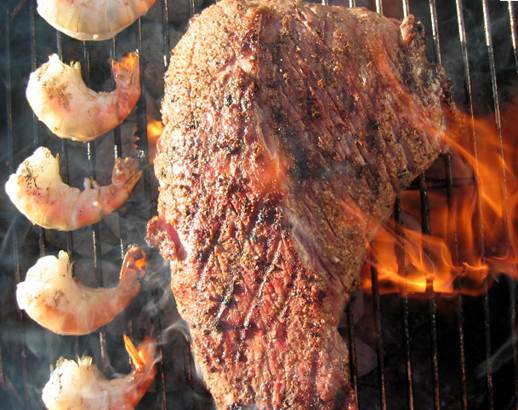
The
Paleo diet is the latest diet to take the health and
fitness
Another criticism is that the Paleo diet
omits vital food groups. Elimination diets (where you’re required to cut out
whole food groups), such as Paleo, are a challenge, believes Marber. ‘This diet
may be hard to keep up simply because it’s not the norm in the mainstream,’
says Marber. ‘Eating out with friends, treats and special occasions all present
problems and the temptation to revert back to “Neolithic” eating’
By cutting out grains and dairy you’re
restricting your sources of key nutrients, so you’ll need to be more vigilant
with your food choices. ‘Dairy contains calcium in an easily absorbed form, but
you’ll also find it in nuts, seeds, poultry and vegetables,’ says Marber. ‘Like
grains, eating fruits and vegetables will provide excellent fibre, so you’re by
no means missing out on these nutrients when following a Paleo diet. It just
requires more dedication and though compared to the standard British diet.’
Expense is a big sticking point for
critics, too. Money saved on processed food is spent instead on
ethically-reared, organic and grass-fed meat. You can’t ignore the research –
grass-fed beef contains less ‘bad’ saturated fat, more vitamin A and E, and
lots more heart-healthy omega-3 essential fatty acids – but it’s hard to find
and is more expensive compared to standard supermarket meat.
For many dieters, portion control is an
issue, and the same goes for Paleo. Nuts and seeds are an easy go-to Paleo
snack to fill the void of modern-day treats. But, they’re high in calories and
fat, so if you’re trying to lose weight and eat too many, you’ll stop your body
using stored fat as energy.
The problem with following a diet based on
the eating habits of our ancestors is there’s a lot of room for debate and
interpretation. The Paleo diet is not a concept owned by a company or a person,
like the Atkins Diet or the Dukan Diet, it’s an approach to eating that tries
to imitate earliest man. Therefore, a lot of advice online can be conflicting
and confusing. For example, while all Paleo eaters cut grains and legumes from
their diet, some say a small amount of whole full-fat dairy is Ok. You’ll also
find Paleo recipes for muffins, pancakes and breads in abundance online, which
the strictest Paleo followers would frown upon.
So how do I start?
If you’re considering converting to Paleo,
start with a 30-day strict plan, cutting out all processed food, grain-based
carbohydrates, dairy and legumes, says Bauer. A typical day’s diet would
consist of eggs and vegetables for breakfast, chicken and avocado salad for
lunch, a handful of macadamia nuts for a snack and homemade beef burgers and
sweet potato wedges for dinner. ‘After this you could start adding a little
dairy (full-fat cream or full-fat hard cheese from grass-fed cows) back into
your diet,’ says Bauer. As with any diet plan, preparation is the key to success.
‘In our fast-food orientated world, you have to think ahead and shop smart, as
the majority of the supermarket is off limits,’ says Bailey.
Paleo versions of your favorite dishes
Spaghetti Bolognese
Make ‘spaghetti’ from courgette. Using a
julienne knife, thinly slice a courgette into strands and place in a steamer
for two to three minutes. Top with homemade Bolognese sauce made from grass-fed
beef mince, a tin of tomatoes, garlic and onion.
Chicken fajitas
Stir-fry chicken with garlic, chilli
flakes, onion and assorted peppers. Add canned or chopped fresh tomatoes and
some coriander leaves. Fill two or three big lettuce leaves with the chicken
mixture and some slice avocado. Roll them up and enjoy!
That prawn curry with ‘Paleo rice’
Make a Thai paste with green chilli,
garlic, ginger, lemongrass, lime and coriander. Heat in a pan before adding
some raw prawns, vegetables and coconut milk. Squeeze in the juice of half a
lime. To make Paleo rice, blitz half a head of cauliflower in a blender until
the size of rice grains. In a pan, heat coconut oil and fry crushed garlic with
a finely chopped white onion. Next, add the cauliflower, a few tablespoons of
coconut milk and your favorite herbs, and stir-fry for 15 to 20 minutes before
serving.
The top five Paleo foods
Avocado is one of the only fatty fruits
containing mainly monounsaturated fat. Avocado oil can be used as a dressing
for salads and you can use avocado in savory and sweet dishes.
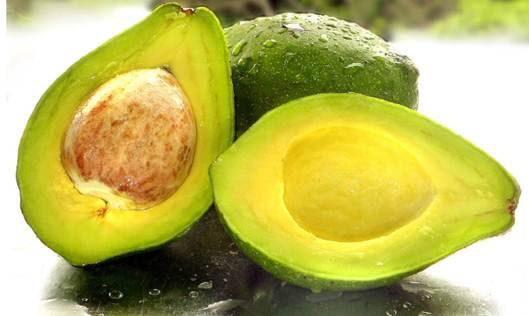
Grass-fed beef is protein-rich and full of
iron, zinc, potassium and selenium.
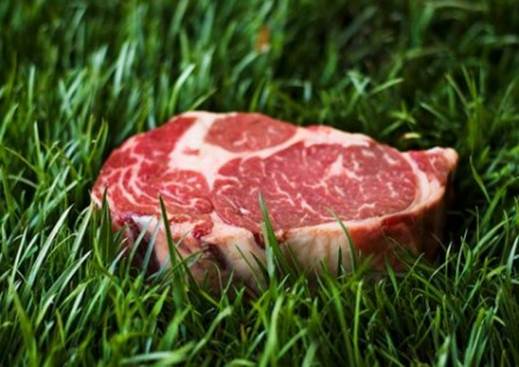
Grass-fed
beef
Eggs are cheap, filling and nutrient dense.
Try eggs and vegetable frittatas or egg and bacon breakfast cups.
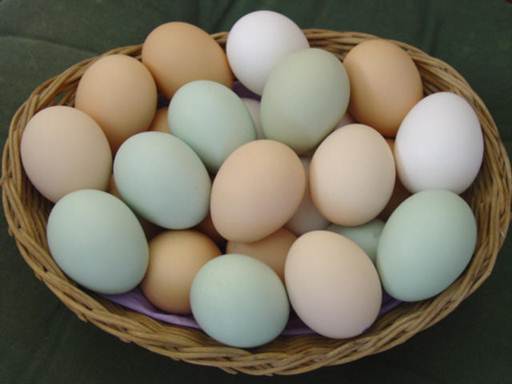
Eggs
Coconut milk can be used in place of dairy
in your coffee or on top of berries in the morning. Look for canned coconut
milk in its purest form – no added sugar or soy lecithin.
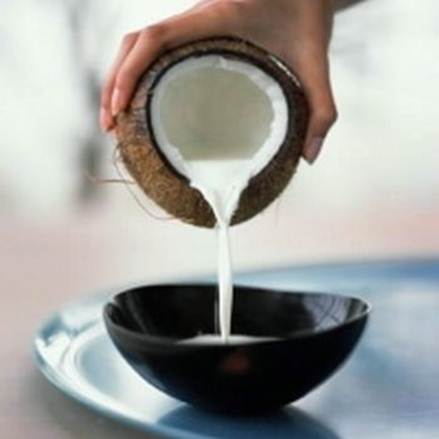
Coconut
milk
Dried figs are a great way to satisfy sweet
tooth if you’re in transition from Neo – to Paleolithic eating. Stick to two
ounces a day if you want to lose weight.
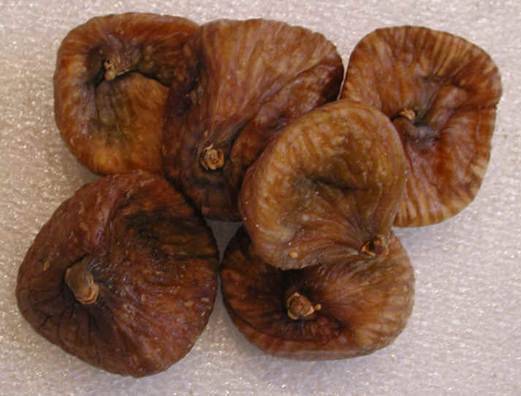
Dried
figs